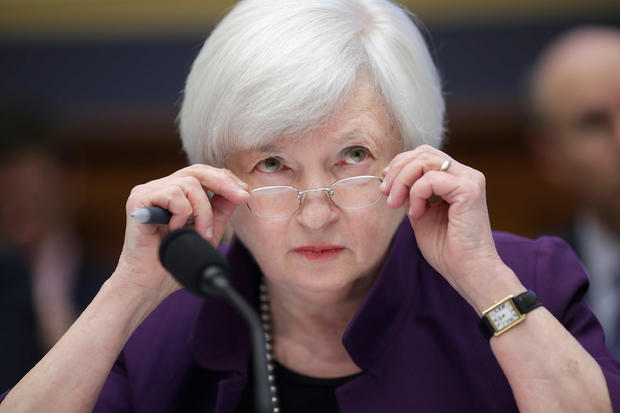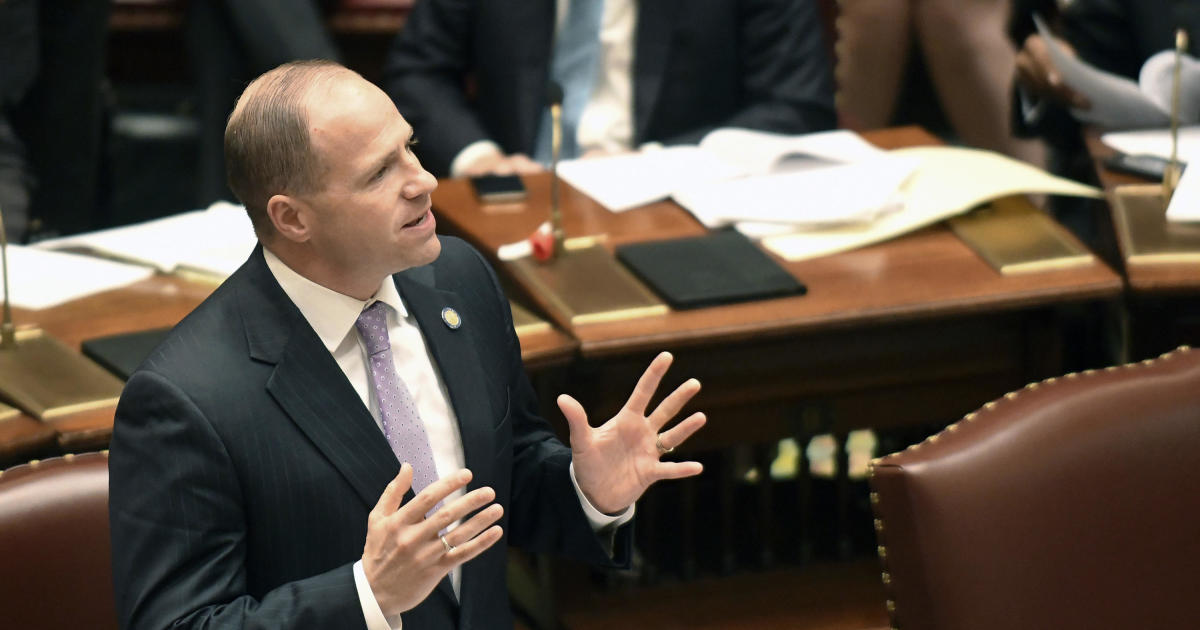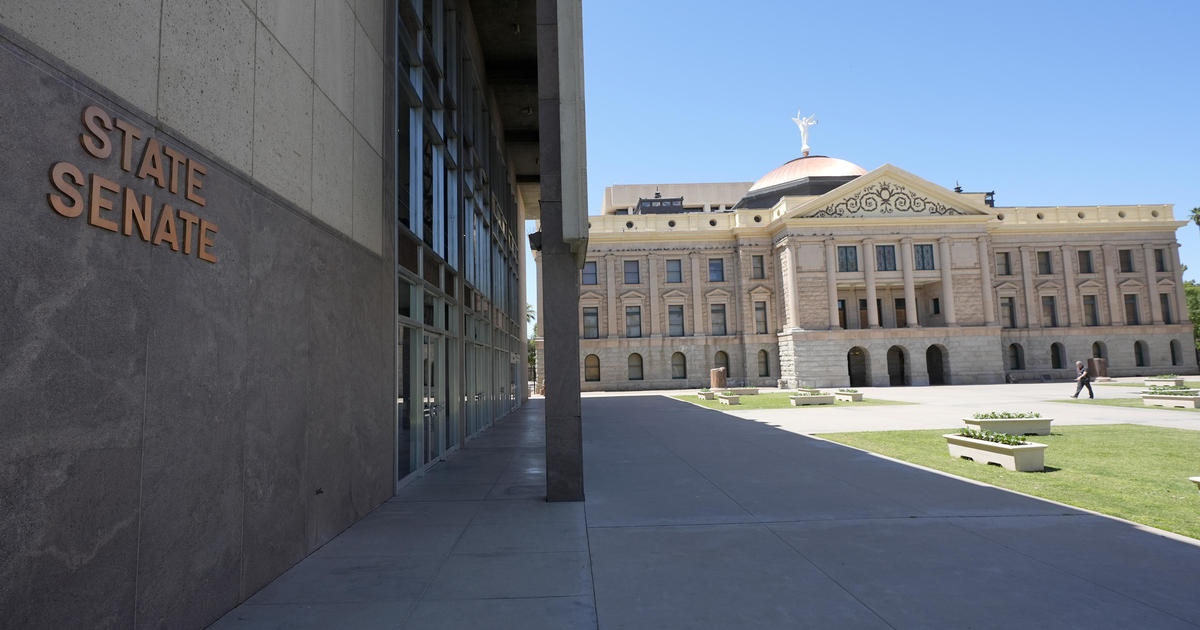U.S. might not be able to pay bills after December 15, Treasury Secretary Yellen says
Treasury Secretary Janet Yellen said the United States might not be able to pay its bills after December 15 as the United States barrels toward hitting the debt limit. The new so-called x-date comes just over one month after lawmakers reached a short-term deal to raise the debt limit into December.
In a letter to congressional leadership on Tuesday, Yellen said while she has a "high degree of confidence" that the Treasury will be able to finance the government through December 15, she said there are scenarios in which the Treasury would be left with "insufficient remaining resources to continue to finance the operations of the U.S. government beyond this date."
Yellen had previously said she was confident the U.S. would be able to finance its obligations through December 3.
Last month, Congress reached a deal to avoid economic catastrophe by raising the debt limit by $480 billion, which would keep the government running through early December. Yellen's latest letter further refines the projections of when the U.S. government would be unable to pay its bills and could default for the first time in history.
"As the federal government's cash flow is subject to unavoidable variability, I will continue to update Congress as more information becomes available," Yellen wrote in the letter on Tuesday. "To ensure the full faith and credit of the United States, it is critical that Congress raise or suspend the debt limit as soon as possible."
As part of the new infrastructure package signed into law by President Biden yesterday, the Treasury will be transferring $118 billion for the Highway Trust Fund. Yellen said that the funds will be completed within one month of the legislation being enacted. But the transfer of funds is one more action further depleting Treasury resources as the debt limit looms.
The new Treasury December 15 deadline falls in line with recent projections by the Bipartisan Policy Center which forecast the U.S. could run out of money to pay its bills as early as mid-December, but it warned of unusual factors and a "high degree of policy uncertainty" at play with the Highway Trust Fund transfer.
This comes as the path forward to addressing the debt ceiling on Capitol Hill remains unclear. Speaking to reporters on Tuesday, Senate Majority Leader Chuck Schumer said they cannot let the full faith and credit of the U.S. lapse.
"We are focused on getting this done in a bipartisan way," he said. However, Schumer did not rule out using the process known as reconciliation, which would allow Democrats to raise the debt limit without any Republican support. To go through regular order, they would need 60 senators to pass the debt limit measure and avoid a filibuster.
Senate Minority Leader Mitch McConnell has said Republicans will not vote to raise the debt limit. He has been pushing Democrats to use reconciliation for the debt limit since the summer despite Democrats helping Republicans address the debt ceiling in a bipartisan way three times under the Trump administration.
Last month, as the clock ticked down on the United States hitting default and an economic crisis, Republicans reversed course and allowed Democrats to raise the debt limit without the threat of a filibuster. No Republicans voted for the debt ceiling increase. But McConnell said they would not step aside again and the temporary extension gave Democrats more time to address it in reconciliation.
If the United States defaults, officials and economists warn it would be disastrous for the economy. Billions in payments to Americans such as social security and veteran benefits could be delayed.




